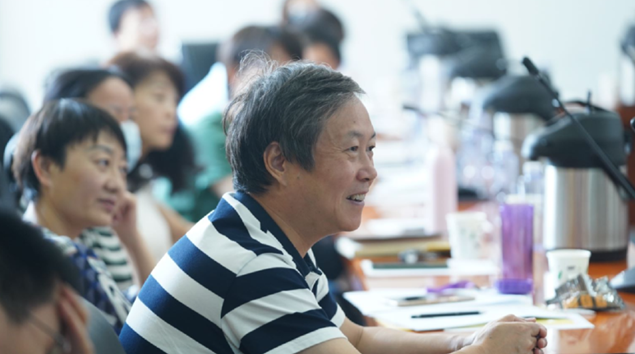
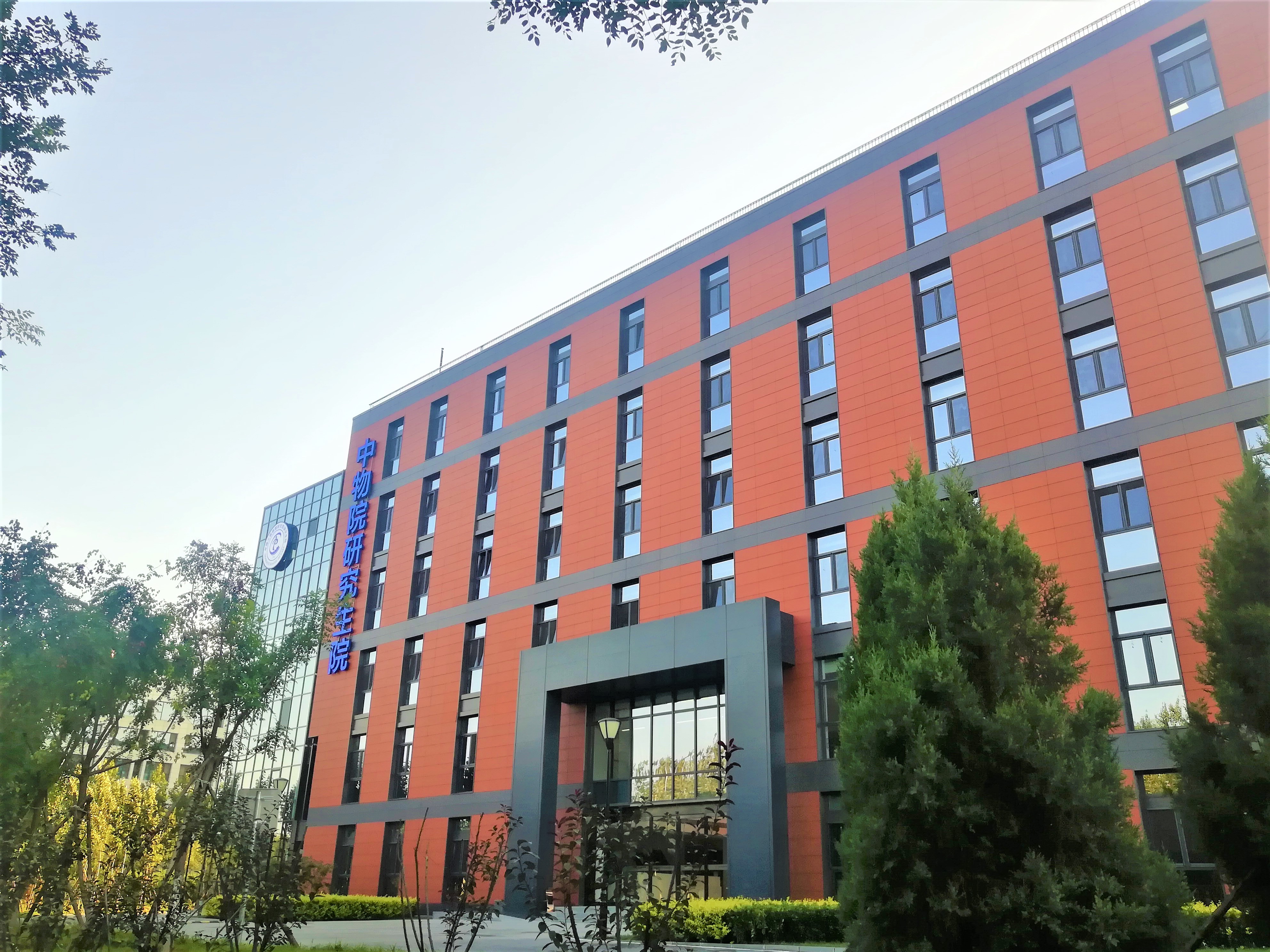
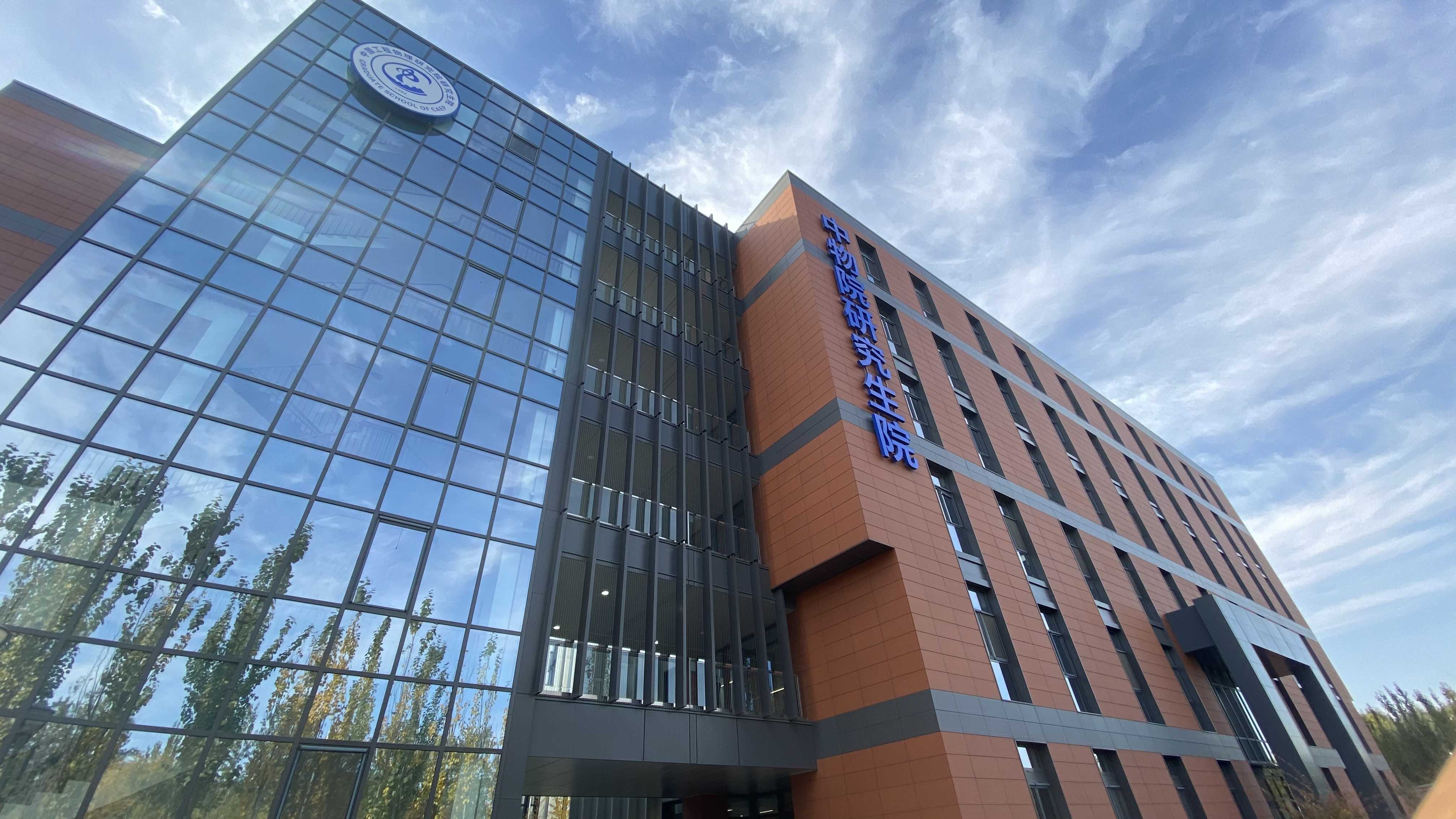
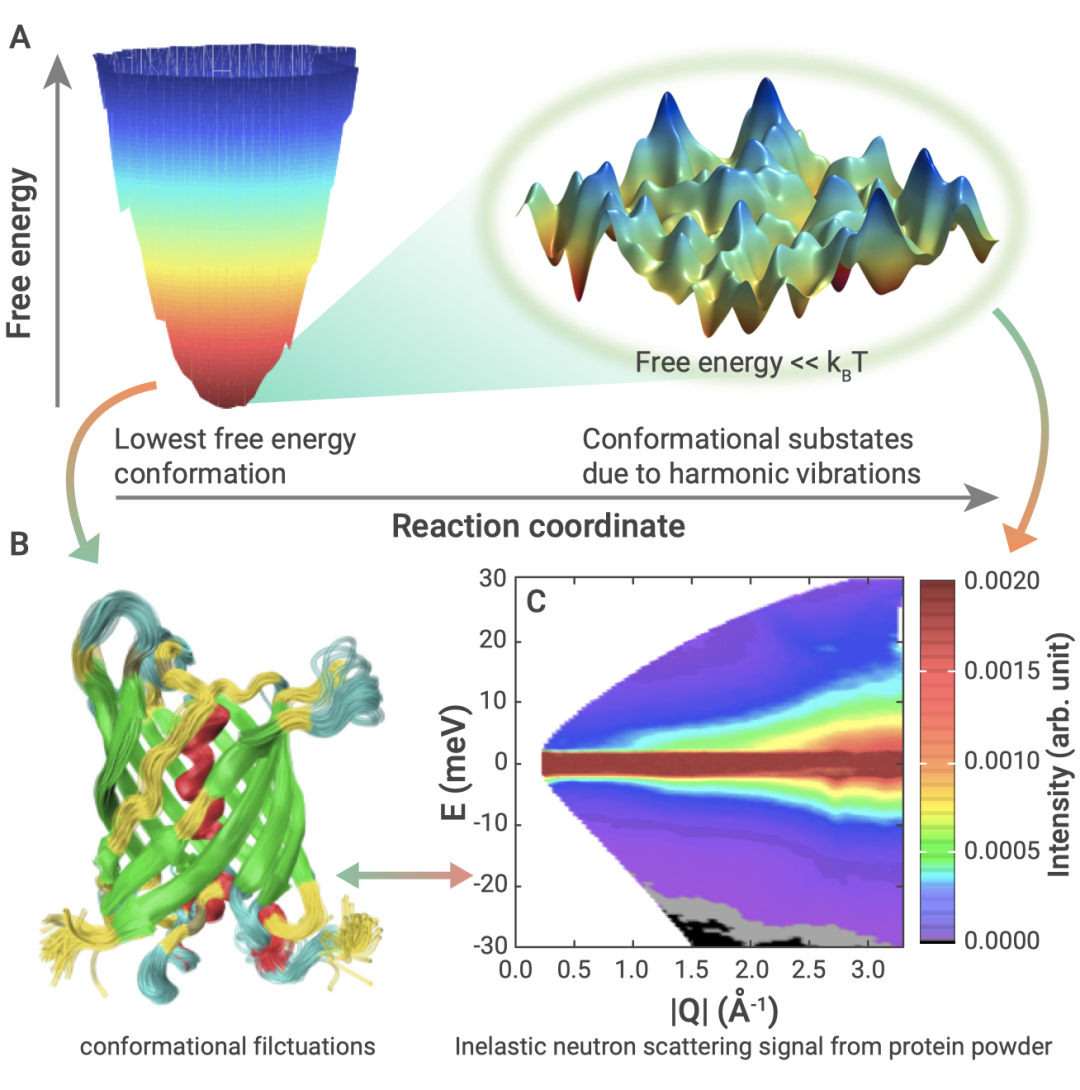

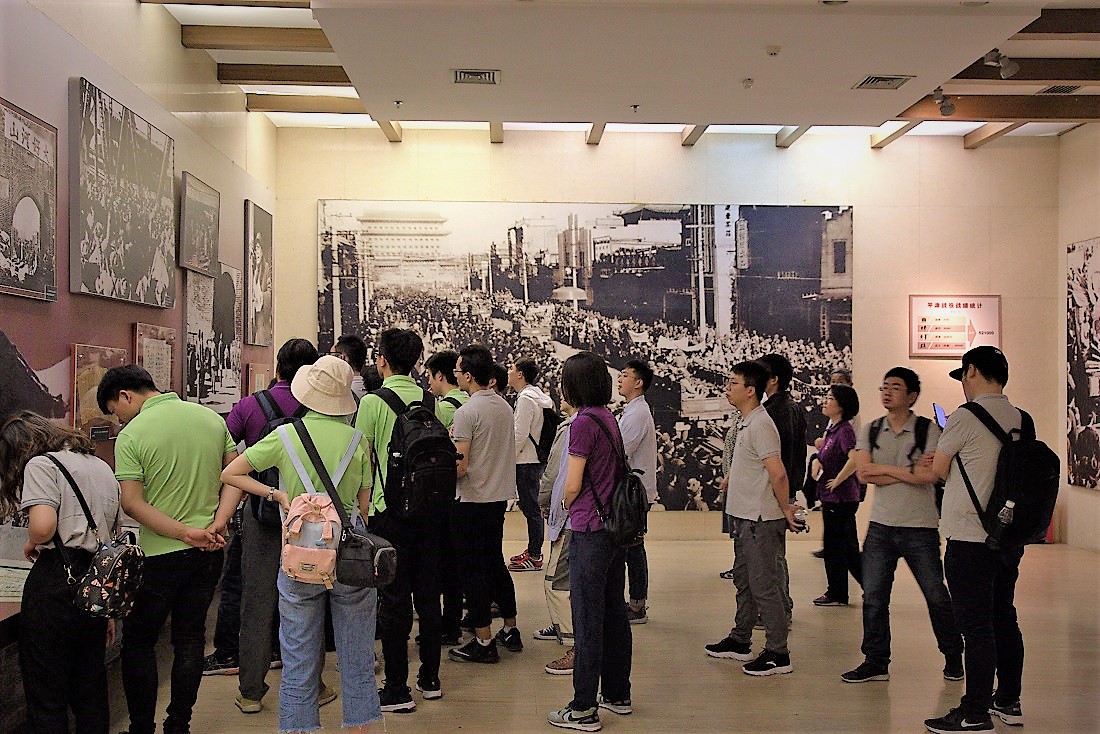









To better fulfill the core mission of nurturing students with moral integrity and to strengthen the construction of the graduate mentor team, as well as enhance the quality of graduate education, the Graduate School organized the 2023 Tutor Training and Graduate Education Workshop in Beijing from August 14th to 16th.
This tutor training program focused on comprehensive improvement of talent development capabilities, with an emphasis on fulfilling the fundamental mission of fostering moral integrity in students and enhancing mentors' sense of responsibility and commitment to talent development. The training program spanned two days and covered topics such as "What should mentors do?" and "How should mentors do it?" It stressed that mentors are the primary individuals responsible for graduate education, not only serving as "guiding lights" in the academic field but also as "pathfinders" in students' life journeys.
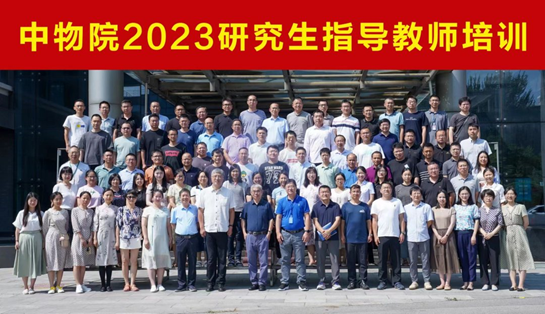
The opening ceremony of the tutor training was presided over by Researcher Libin Fu, Vice President of GSCAEP. The event featured discussions and guidance from prominent figures such as Academician Changpu Sun from the Graduate School, Academician Yuanning Gao from Peking University, Researcher Jianguo Wang from the Institute of Applied Physics and Computational Mathematics, Researcher Qingpei Xiang representing young mentors from Institute of Nuclear Physics and Chemistry of the China Academy of Engineering Physics, and Director Bin Xiao from the National University of Defense Technology's Mental Health Center. They engaged in meaningful exchanges with nearly a hundred mentors and graduate management personnel from various departments of the academy.
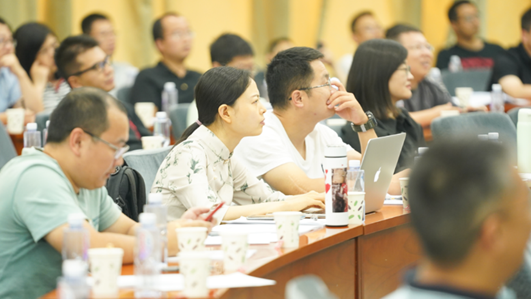
In his opening remarks, Jialiang Ni, the Secretary of the Graduate School Party Committee, extended a warm welcome to the distinguished guests and expressed gratitude to the graduate education units within the academy and the dedicated mentors for their contributions to graduate education. Secretary Ni reflected on the academy's history of graduate education since 1984 and emphasized the pivotal role of mentor knowledge and competence in ensuring the quality of graduate education. He urged the mentors to shoulder the primary responsibility for graduate education, work together, accelerate the development of graduate education at the academy, promote discipline construction, nurture versatile talents, and contribute to the cultivation of leading and strategic talents.

Vice President Libin Fu provided an overview of the development of the Graduate School, tracing its historical evolution from the Graduate Department to the Graduate School. He highlighted the Graduate School's positioning in the new era, known as "3+X," which emphasizes development with distinct characteristics and top-notch quality. Vice President Fu encouraged all the colleagues at the Graduate School to work together through scientific and educational collaboration and build a Graduate School with outstanding features and high standards.
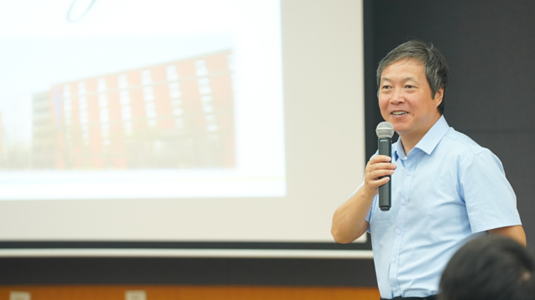
Academician Changpu Sun, the Director of the Academic Development Committee of the Graduate School, focused on the distinctive aspects of graduate education at the China Academy of Engineering Physics and the responsibilities and missions of mentors. He emphasized that graduate education at the academy aims to serve national goals, integrate science and education, and ensure the security of the talent chain aligned with national needs. Drawing from his personal experiences during discussions with Mr. Huanwu Peng, his own experiences as a graduate student, and his mentoring experience, Academician Sun engaged with mentors on how to become excellent graduate mentors. He stressed that mentors should always remember the fundamental mission of fostering moral integrity in students and resist any academic drift into the "gray areas."
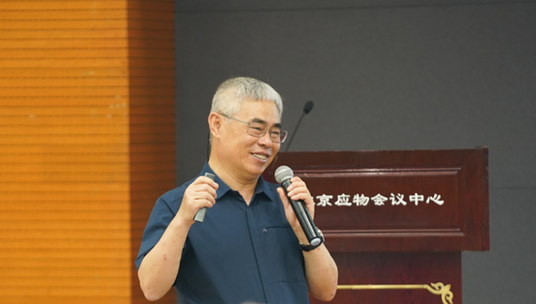
Academician Yuanning Gao from Peking University presented on graduate education in high-energy physics collaboration. He introduced the collaboration and management characteristics of projects relying on international cooperation in high-energy physics research. He pointed out the advantages and disadvantages of this collaborative project model in student training. Academician Gao shared his personal experiences in curriculum development, evaluation system improvement, promotion of international exchanges, and team building during his tenure as a mentor at Tsinghua University.
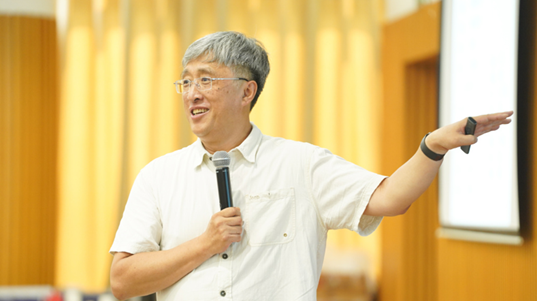
Researcher Jianguo Wang from the Institute of Applied Physics and Computational Mathematics spoke on the topic of "Teaching According to Circumstances and Tailoring Education to Individual Needs." He began by tracing the history of early graduate education at the nine institutions and introduced the transformation of graduate education in the new era. He emphasized the national demand-oriented characteristics of graduate education at the academy. Researcher Wang stressed that graduate research topics should "solve real problems and genuinely address issues" and be tailored to individual students with a balanced level of difficulty. He also encouraged mentors to "teach with love," showing genuine care for students through practical actions and fostering productive communication and mutual learning between mentors and students.
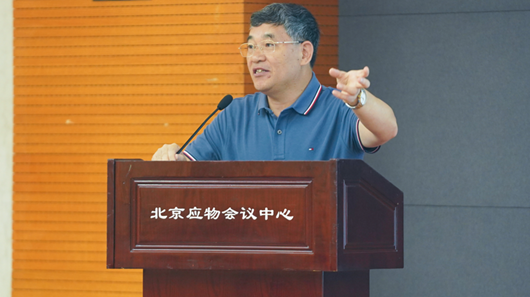
Young mentor Qingpei Xiang from the Institute of Nuclear Physics and Chemistry shared the development history of the space nuclear propulsion research direction and his personal research growth journey, from being a master's advisor to a doctoral advisor. He affectionately referred to graduate students as "comrades in arms." In his view, firm ideals and beliefs, coupled with cultivating research interests, can promote a mutually beneficial cycle of improvement between mentors and students.
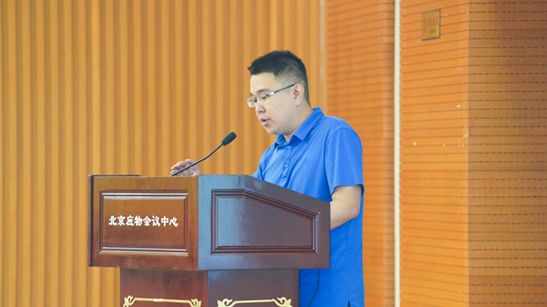
The psychological well-being of graduate students is a crucial factor affecting the quality of education. The long-term goals of constructing a high-quality education system in the "Fourteenth Five-Year Plan" and people's pursuit of a happy life in the new era make it imperative to strengthen graduate student mental health education. For this reason, the tutor training program invited Director Bin Xiao from the National University of Defense Technology's Mental Health Center to deliver a special lecture on "Strategies for Addressing Common Psychological Health Issues in Graduate Students." Director Xiao started by analyzing the current national mental health status and introduced the possible causes of student psychological problems and methods for identifying common psychological issues. Using specific examples, he provided mentors with guidance on establishing a positive mentor-student relationship and effectively resolving issues.

Additionally, the Graduate School's Admissions and Education Department, as well as Student Affairs Office staff, introduced specific policies and systems related to graduate student education in various aspects, including admissions work, student education processes, daily management, and employment requirements.
On August 16th, the Graduate School organized a workshop for graduate education with the participation of administrative personnel from various education units. During the workshop, the Admissions and Education Department and the Student Affairs Office summarized the graduate education work conducted throughout the previous academic year and proposed plans for the next phase, including admissions, new student enrollment, and transition to the education phase. Representatives from various education units, such as the Second Institute, Eighth Institute, Eleventh Institute, and the Chengdu Science Center, shared their experiences in aspects like "current status of graduate student management," "continuously improving the quality of graduate education through multiple measures," "progressive thinking in conducting graduate student work at the Eleventh Institute," and "integration of graduate student psychological health education with ethics and teaching work." Intensive discussions were held on relevant issues.
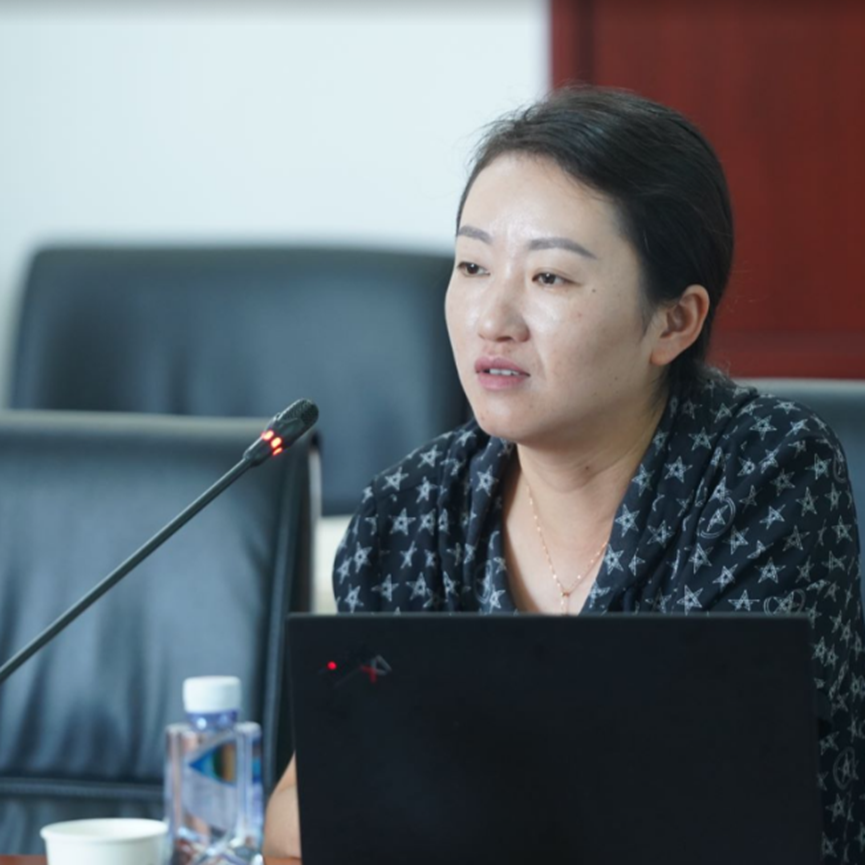
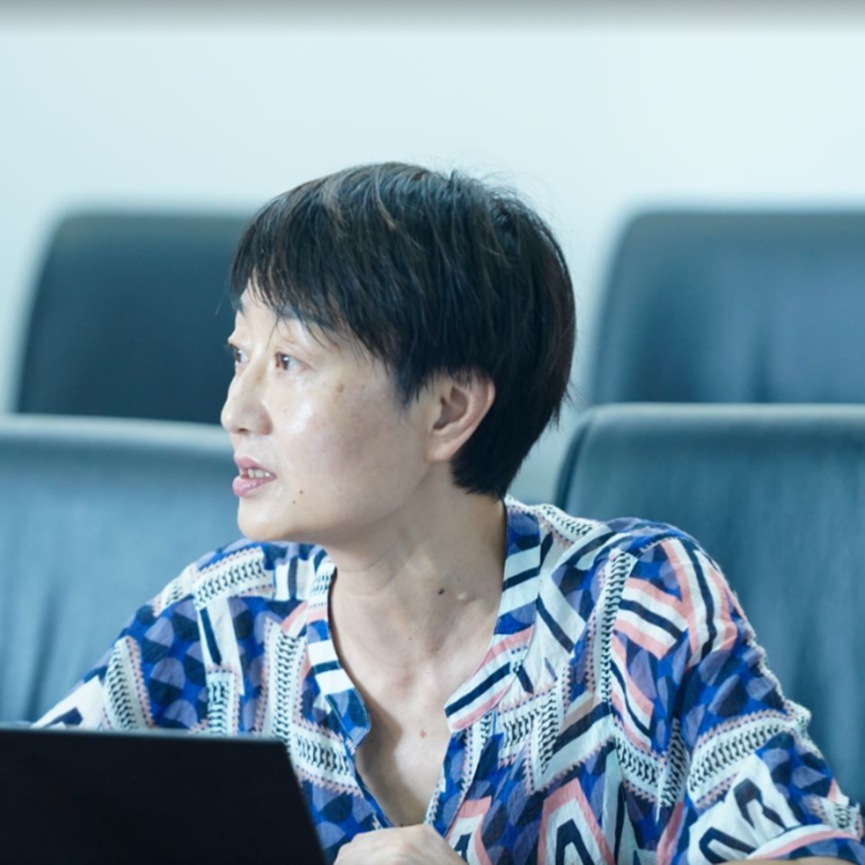

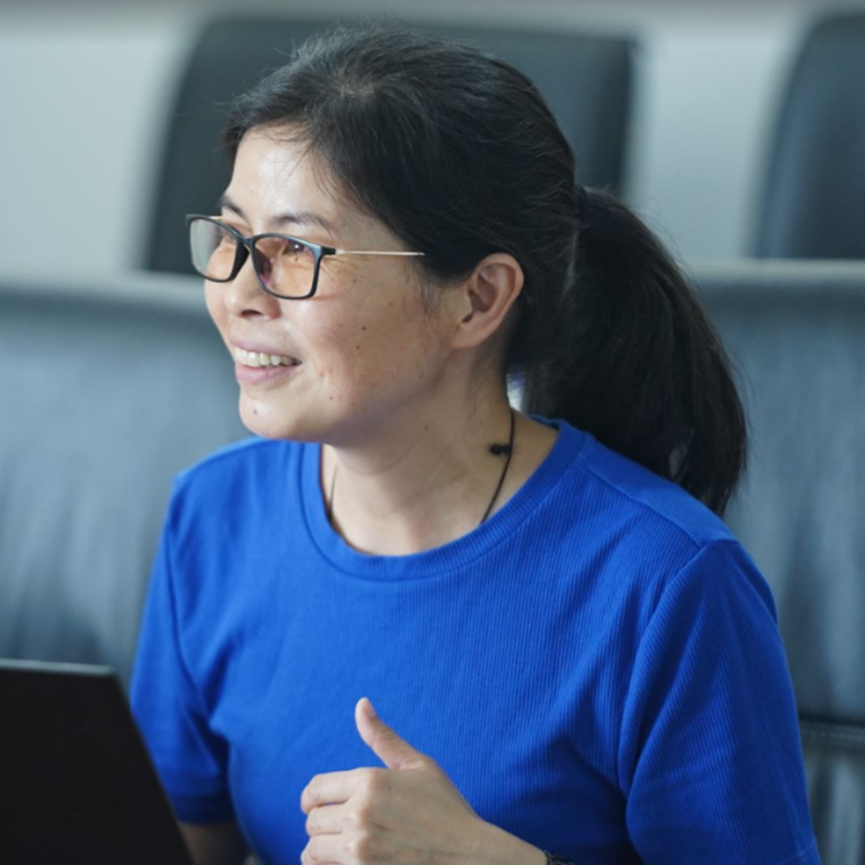
Vice President Libin Fu, Researcher, participated in the discussions and provided a summary. Vice President Fu expressed gratitude to all the mentors and graduate management personnel for their strong support for this training activity. He encouraged education units to innovate their work methods and ideas, strictly adhere to the redlines and bottom lines, enhance communication, learn from each other, collaborate as a group, and contribute to the development of graduate education at the academy!
